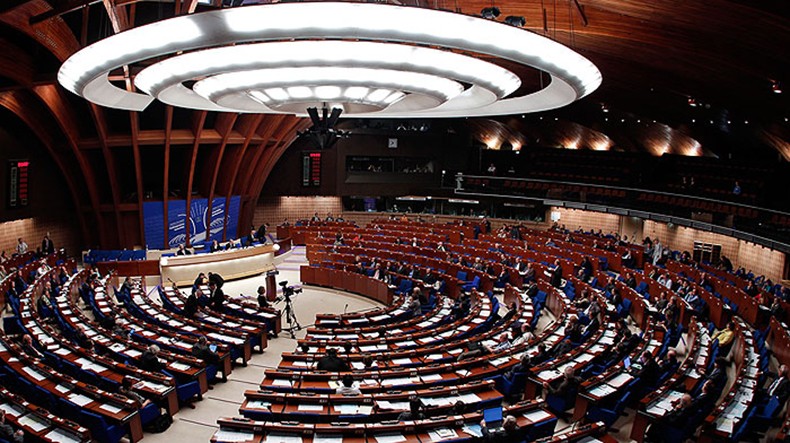
What happened in PACE: Without fatalism and jingoism
by A. Mkrtchyan
The Armenian radio is asked: Is it possible to make love in a square? The answer of the radio: Yes, but there will be many wishing to give advice. We rephrased the question: Is it possible to engage in public diplomacy, more specifically in a parliamentary format, and the answer is yes, but again many people will give advice – something which we have witnessed in the past two days.
While appreciating the public discussions and public control, there are a few points we need to make regarding Armenia’s public response to the results of the debates on the two reports on Nagorno Karabakh and Sarsang reservoir in the Parliamentary Assembly of the Council of Europe on January 26.
As is known, one of the reports – the draft written by Robert Walter was rejected by PACE, while the other prepared by Milica Markovic was adopted. The prevailing feeling was one of incompleteness: on the one hand, the victory was not overwhelming, but on the other hand, a defeat was out of the question. A draw also wasn’t satisfying since the rejected report was much more important in the context of the Nagorno Karabakh conflict. Amid such perceptions, a lot of expert and non-expert opinions were voiced, some of which were possible answers of a didactic nature to the question “What should have been done?” Fewer people preferred the question “How to do it?”
The Armenian delegation in PACE, sometimes also Armenian diplomacy in general, are sometimes accused of feebleness , while on other occasions maximalist demands are being made on the assumption that they are omnipotent. It is said that extremist approaches are easy to defend since in this case everything is divided into black and white, complex phenomena are simplified as much as possible, and people have a hardened stance without any mental strain. Perhaps the reason is human laziness. In any case, no delegation, no country is powerless, but none is omnipotent either. There is a limit to capabilities, and the actor should strive to achieve it.
So what happened in PACE? The Armenian delegation managed to defeat Walter’s report, and all those involved need to be commended for that.
Without dwelling on the distorted content of that document and the possible negative impact in case of its adoption, it should be noted from a procedural point of view that it is rare in the history of PACE that the reports voted on and approved by a committee are then rejected during a plenary session. Given how much effort and resources Azerbaijan has invested in the report, it is safe to say that its failure was a real achievement. It would be no exaggeration to say that, just a proper assessment is given.
The second report – the draft on the Sarsang reservoir was adopted, with several wordings unacceptable to the Armenian side. It should be admitted that the report’s adoption was a shortcoming. But it is worth mentioning that it will not benefit Azerbaijani propaganda as much as Walter’s report would if adopted by PACE.
So what was the limit of the Armenian side’s capabilities in PACE: defeating both reports, blocking their inclusion in the PACE agenda, or adopting a pro-Armenian report? It is hard to say for sure. But it is really hard for a 8-member delegation (4 principal members and 4 substitutes) to rally 636 delegates from 47 countries (318 principal members and 318 substitutes) – who have various concerns and interests and are actually indifferent to each other – around one agenda item and reach the desired result. Again, without resorting to jingoism and fatalistic outpourings of powerlessness, it is quite possible in PACE and elsewhere to set a task and accomplish it, knowing the limit of our capabilities, but not confining ourselves to it.
Newsfeed
Videos






























